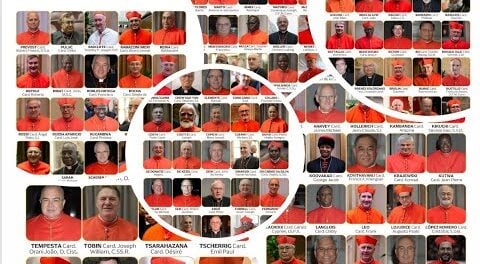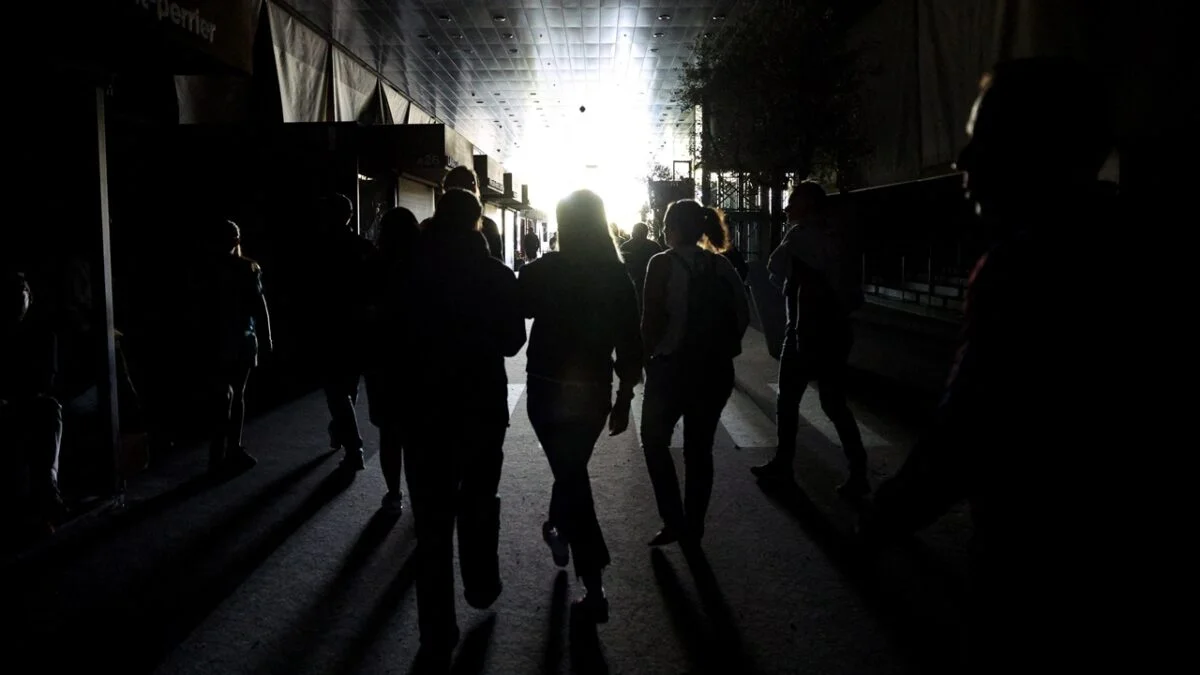
Author: Mother & Refuge
-
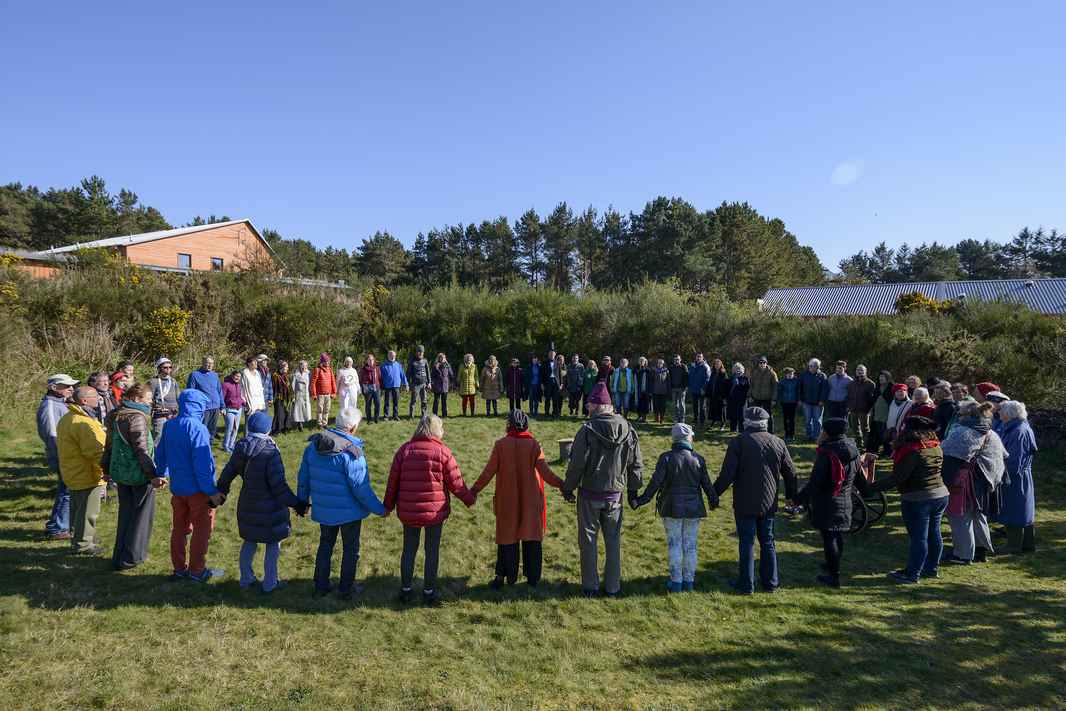
Dreaming of A Co-Housing of Christ Followers in Australia?
Read More: Dreaming of A Co-Housing of Christ Followers in Australia?Dreaming of A Co-Housing of Christ Followers in Australia? Have you ever considered the possibility of being part of a housing development that Lives, Glorifies and Celebrates Christ the King? A place where there is scope for private family living surrounded by opportunities for community, connection, sharing and exchanges with other families and individuals dedicated…
-
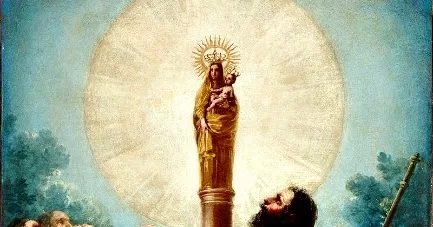
Did You know the Oldest Marian Apparition?
Read More: Did You know the Oldest Marian Apparition?Our Lady of the Pillar (officially in Spanish, Nuestra Señora del Pilar de Zaragoza,) is recognized as the first Marian apparition in the history of Christianity and is the only one that happened while the Virgin Mary was still alive. Although it was technically a bilocation of Our Lady, because she was living with John…
-

Bible Facts Verified by Science
Read More: Bible Facts Verified by ScienceThe Bible, a collection of ancient texts revered by millions around the globe, has been a subject of faith, study, and sometimes skepticism. Over the years, many stories within its pages have been scrutinized, with some dismissing them as myths. However, scientific discoveries and archaeological evidence have increasingly shed light on several biblical events, providing…
-
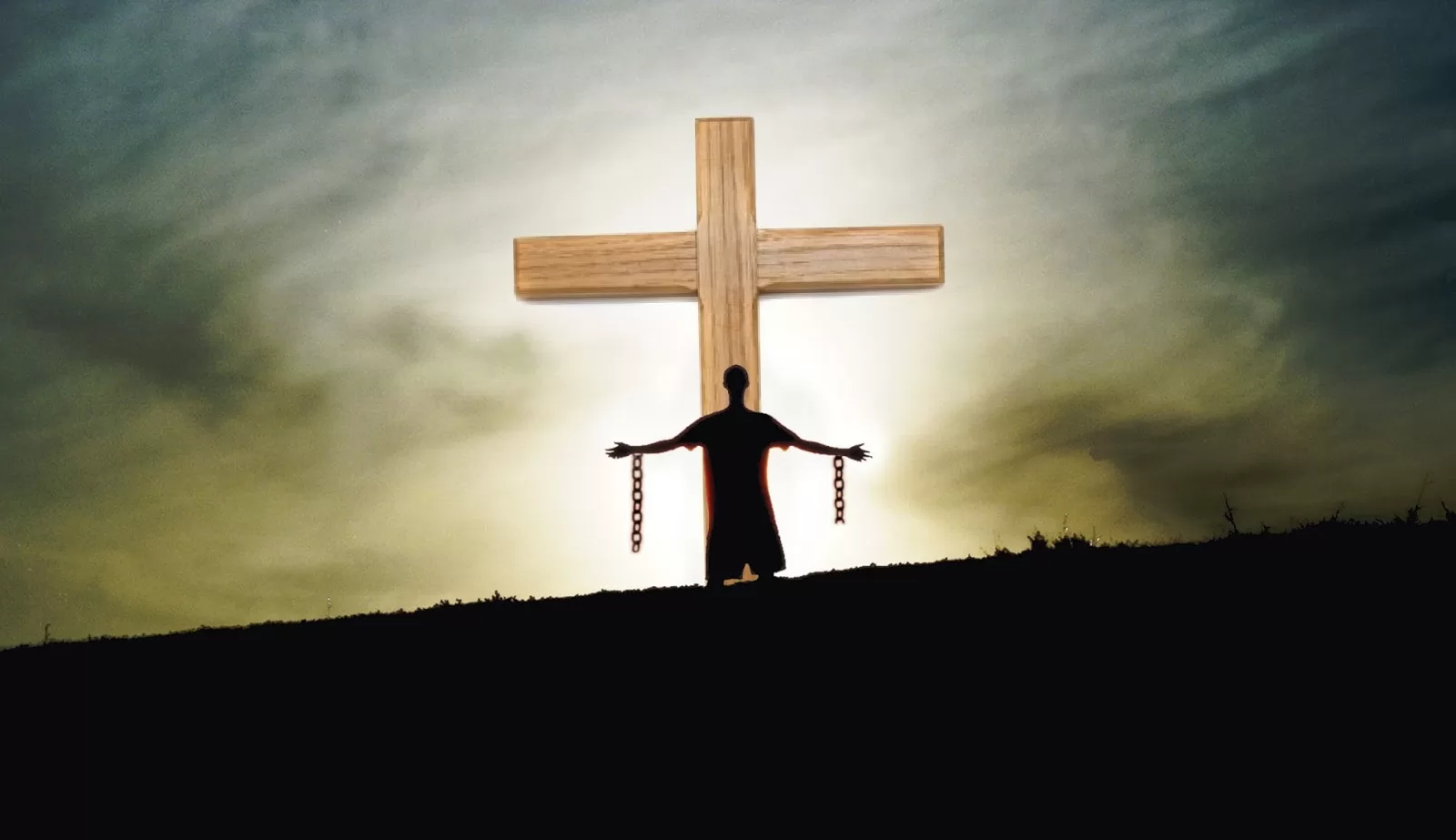
-
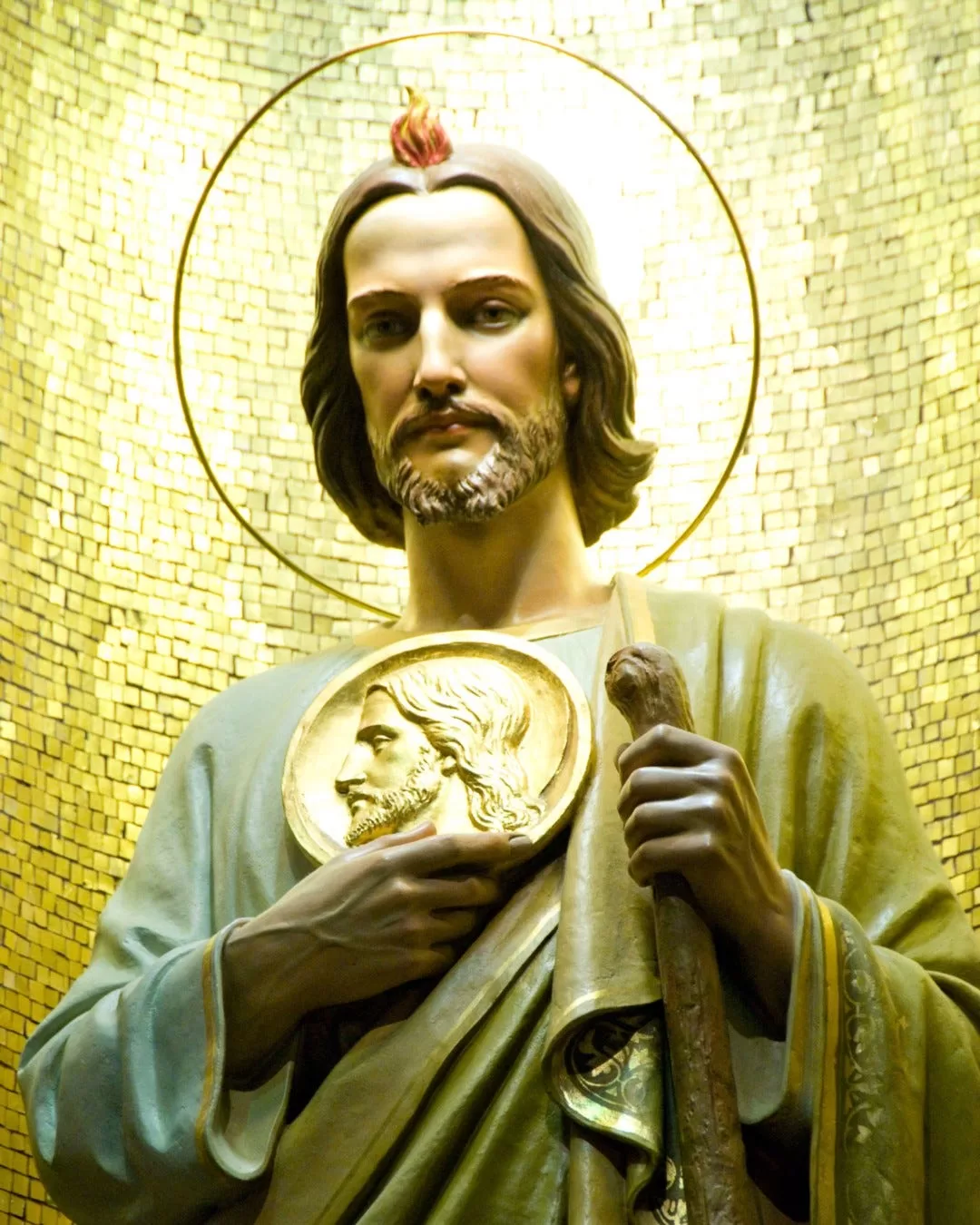
Need a Miracle? Here’s St. Jude’s Powerful Prayer for Desperate & Hopeless Cases
Read More: Need a Miracle? Here’s St. Jude’s Powerful Prayer for Desperate & Hopeless CasesPrayer to St. Jude, Patron of Impossible, Desperate, & Hopeless Cases Most holy Apostle, St. Jude, faithful servant and friend of Jesus,the Church honors and invokes you universally,as the patron of difficult cases,of things almost despaired of.Pray for me, I am so helpless and alone. Intercede with God for methat He bring visible and speedy…
-

Official prayer requesting the intercession of future Saint Carlo Acutis
Read More: Official prayer requesting the intercession of future Saint Carlo AcutisOh God, our Father, thank you for giving us Carlo,a model of life for young peopleand a message of love for all.You have made him fall in lovewith your son Jesus,making the Eucharisthis “highway to heaven.” You have given him Maryas a very beloved Mother,and you have made him,with her Rosary,become a singer of her…
-
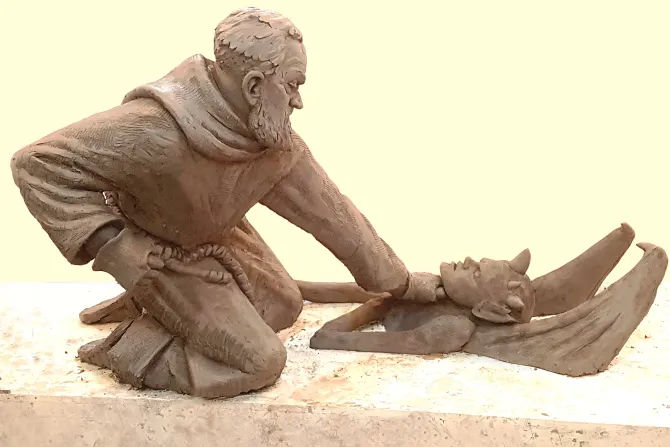
Padre Pio vs. the Devils: Unseen Battles
Read More: Padre Pio vs. the Devils: Unseen BattlesSt. Padre Pio, one of the most beloved and mystic saints of the 20th century, was known for his profound spiritual experiences and battles with demonic forces. His life and struggles have been documented in numerous books, providing a detailed account of his encounters with the supernatural. The Reality of Demonic Attacks In his biography,…
-
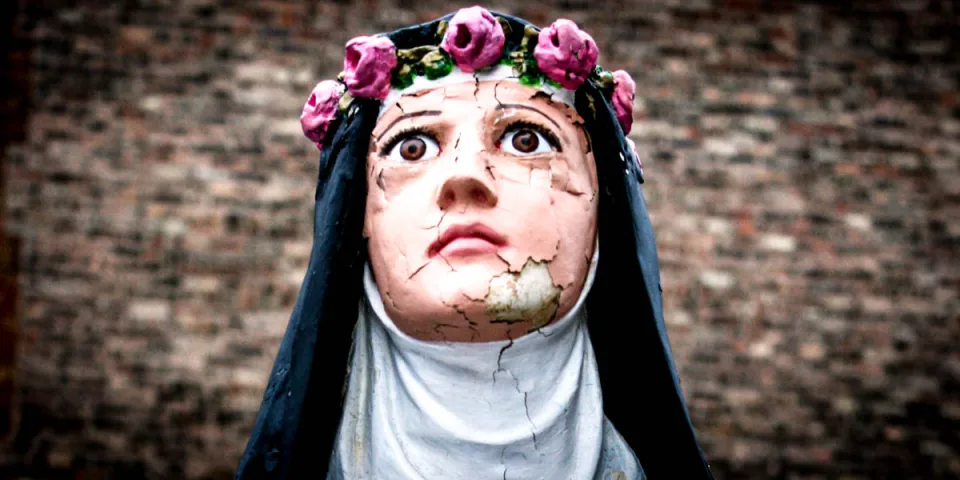
Saint Therese: Herald of the Apocalypse?
Read More: Saint Therese: Herald of the Apocalypse?Who could describe as “sweet” the reading of a book that gives an account of the rise of the Anti-Christ, the tribulations that will mark the end times, followed by meditations on death, judgment, Heaven and Hell? “Reading this book was one of the greatest graces of my life …The impression I received from it is…
-

43rd Anniversary Novena – A Gift for Our Lady |A Novena to the Queen of Peace
Read More: 43rd Anniversary Novena – A Gift for Our Lady |A Novena to the Queen of PeacePowered By EmbedPress Powered By EmbedPress 43rd Anniversary Novena – A Gift for Our LadyA Novena to the Queen of Peace – Starts June 15 !!Medjugorje 1981 – 2024© Informativni Centar “Mir” -MedjugorjeWhat to offer to Our Lady for the 43rd Anniversary of Her apparitionsWhat could we offer to Our Lady for the anniversary of…
Search
Popular Posts
-
🙏 A New Chapter Begins: Supporting Pope Leo XIV with Prayer and Hope | W/ Daniel O’Connor
“Give the new pope a break and support him with your prayers.”–…
-
Possible Candidates for The Next Pope!
Some Candidates for the New Papacy Today we will share with you…
Categories
Archives
Tags
#Miracles (102) 2023 (4) 2024 (4) approved miracles (2) catholic (141) catholic blog (375) catholic meditations (7) catholic miracles (371) catholic motivation (2) catholic news (371) catholic prayers (4) CatholicSeers (359) catholic vlog (375) catholic websites (6) Eucharistic miracle (2) fr jim blount (3) GisellaCardia (11) hamas (3) imitation of christ (2) Israel (4) israel live (5) Israel news (9) jesus (3) jesus christ (4) Latest messages (11) lent 2023 (10) lent 2024 (4) lent homily (2) lent retreat (4) lent retreat 2023 (3) Lourdes (2) messages from god (6) MessagesFromHeaven (364) miracles of catholic church (2) mother and refuge (2) ourlady (325) OurLadyApparitions (22) our lady of lourdes (2) Pope (2) POPE francis (3) pope francis news (2) prayers (3) real miracles (356) sacred heart of jesus (2) The Miracles of Lourdes (2)




